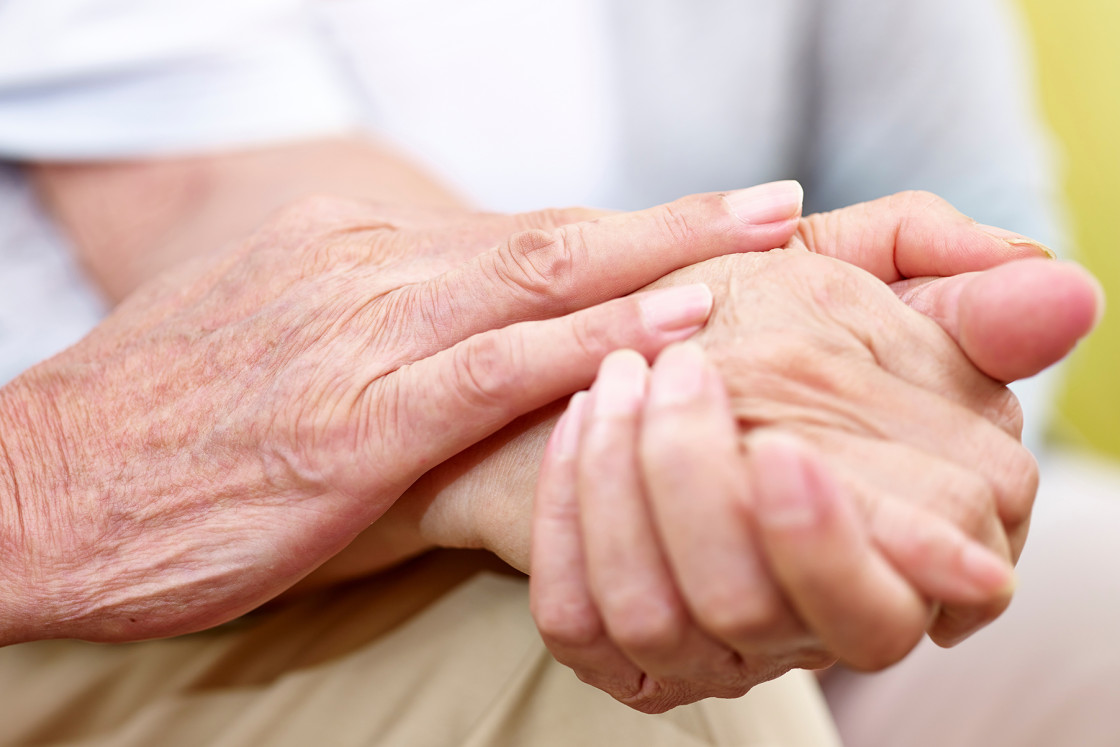Our End-of-Life specialty care program focuses on providing essential training for caregivers and nurses to address the unique needs of individuals requiring compassionate support throughout the transition that occurs at end-of-life- while also ensuring that they are supporting the client in life.
Hospice care is typically provided in home settings, and our goal is to give clients the freedom to live their lives to the fullest in the comfort of their own homes. Patients may qualify for hospice services for up to six months, so it is important not only to know how to care for the dying patient but also to care for the living patient- as well as support their family as they face a terminal diagnosis and caring for the whole patient and their family as they navigate a terminal diagnosis.
Death transcends all races, religions, and ethnic backgrounds; death occurs at all ages. Sometimes, the support changes depending on various factors; it’s important to be open-minded about how others encounter death and support them in their own values and belief systems. We have the goal of culturally competent care, which means understanding and respecting the cultural differences of the patient and their family and adjusting our care practices accordingly to provide the most effective and respectful care possible.


Our program equips caregivers with the knowledge and skills to recognize end-of-life symptoms and perform necessary interventions, ensuring clients remain clean, comfortable, and cared for in their own homes. Having a caregiver during this time takes the burden off the family and allows them to be there for their loved one, and process their grief without the added burden of physical care.
Developed by experienced hospice nurses, our training course combines online learning with hands-on experiences in our training lab. This comprehensive program empowers caregivers to handle end-of-life situations with confidence, covering topics such as relaxation techniques, methods to calm agitated patients, and both pharmacological and nonpharmacological pain relief strategies. Caregivers will also become familiar with the various medication classes frequently used in hospice care and learn how to administer medications to clients who may be unresponsive or unable to swallow.
While caregivers require delegation from a registered nurse to administer medications, the training fosters a sense of comfort and competence that enhances their ability to provide care. Additionally, caregivers will learn to manage the care of clients during their last moments, perform post-mortem bathing, and support grieving families. This training not only improves our care services but also strengthens the collaboration between caregivers and nurses, ultimately enhancing the delivery of quality hospice care in our community.
We pair this service with RN Delegation so that caregivers are able to administer medications safely under the indirect monitoring of a registered nurse delegator.
